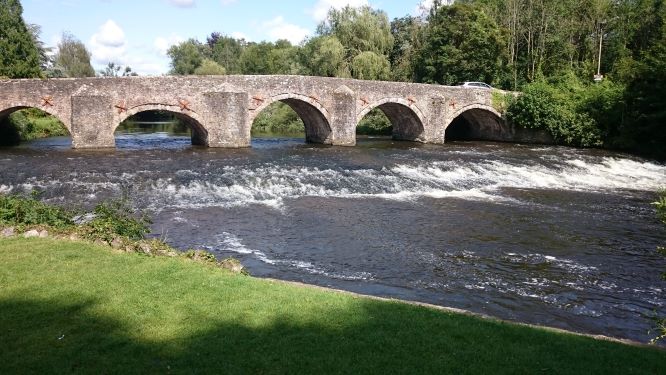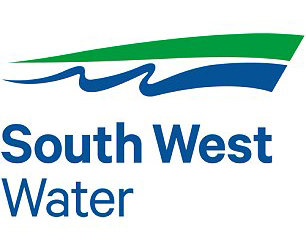Read the River Exe blog
Sign Up To Our Newsletter

Westcountry Rivers Trust and The River Exe and Tributaries Association (RETA) are working together to improve access for migratory fish throughout the River Exe catchment.
The River Exe is home to culturally iconic and protected native diadromous migratory fish species, including Atlantic salmon, European eel, two confirmed lamprey species, and brown/sea trout. The River Exe also holds populations of other fish species, some of which have become integral to the ecology of upper reaches.
Strategic Exe Weirs will deliver bespoke fish passage improvement projects at multiple weirs on the River Exe. It is the goal to enable free migration in wider ‘flow windows’ to counter effects of climate change on river flows, enhance the ecological health of the River Exe, and contribute towards the national Salmon five point Approach.
READ THE RIVER EXE PROJECT BLOG
Click on the Read The River Exe Project Blog button to discover more about the River Exe, its history and our work with partners to keep it healthy and flowing freely for a long time to comes.
Why do weirs pose a problem for fish migration?
Fish and weirs have co-existed for hundreds of years, right? True. However, times have changed.
In the past 50 years migratory fish populations have declined globally by an average of 76%, with a decline in Europe of 93%.
Climate change is causing more extreme drought and flood events, affecting river flows and limiting the flow windows that enable passage.
Cumulative impacts by multiple weirs magnify effects, can significantly reduce fish reaching the most productive habitat at the top of the catchment, and also have complex impacts on population genetics.
For further information on how weirs impact fish populations, please contact our project officer Tom Watts via [email protected] or Devon River & Fisheries Manager Adrian Dowding via [email protected]


Red
Weirs causing significant delays to upstream & downstream migration.

Amber
Weirs causing notable delays OR a current active project under S.E.W.

Green
Sites allowing free movement of multiple native fish species.
Our Interactive Map
Click on the map below for more information on the selected project site.
How can fish migration be improved at a weir?
WRT work together with partners and project stakeholders to produce bespoke solutions that work for everyone involved.
Bespoke options may include:
Removal of a weir if appropriate
Nature-like option, in-river or bypass
Technical fish pass (e.g. Larinier fishway)
Fish passage easement (e.g. pre-barrages)
To learn more about bespoke fish passage solutions, including successful projects delivered by WRT and project partners, please get in touch.
Each project site is subject to a standardised options appraisal process that includes all stakeholders from the beginning of a project, ensuring a workable and effective solution can be developed and delivered.
By supporting our Strategic Exe Weirs project, you will be supporting the free movements of native fish species in the River Exe.




